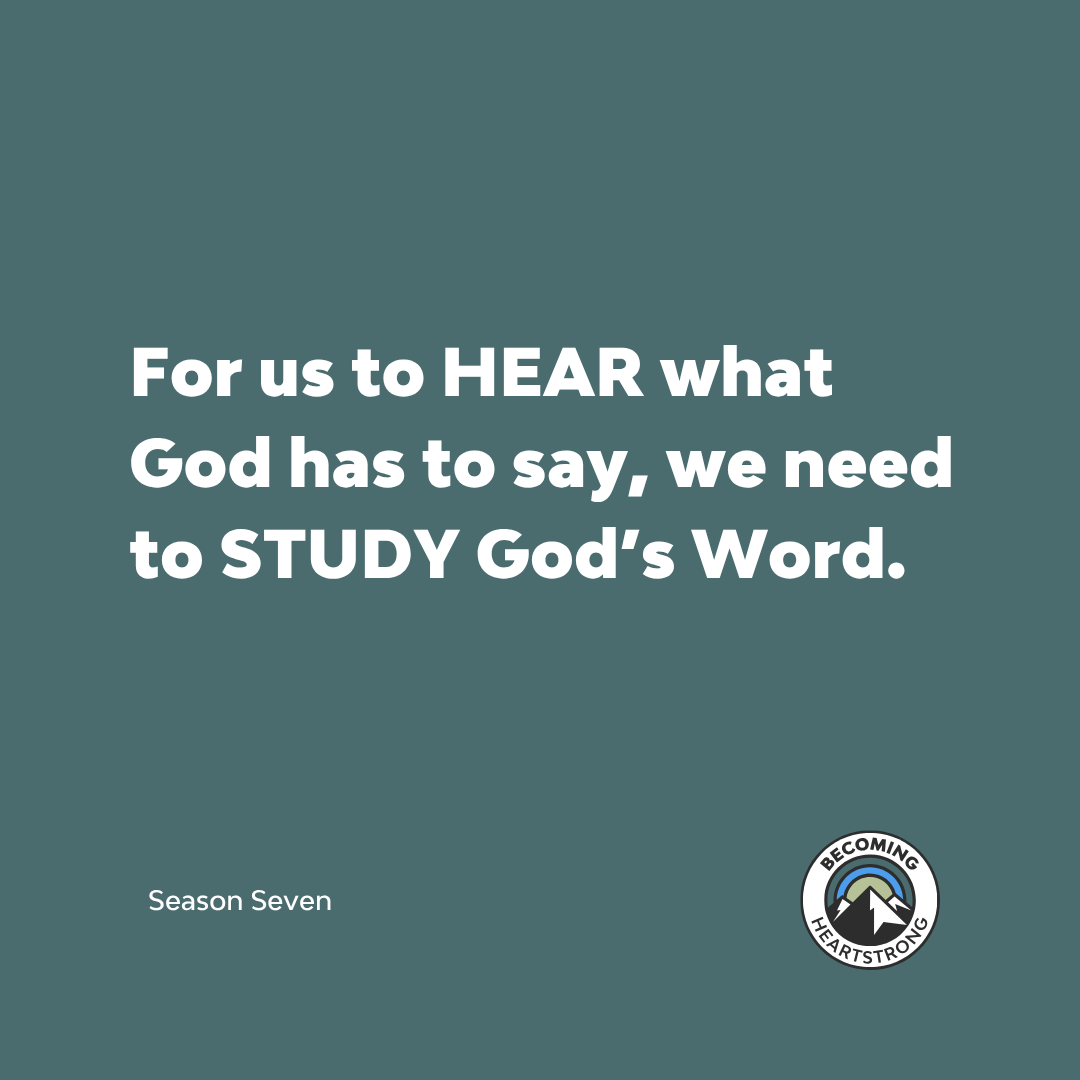
“It’s time to sit on your chair now,” I said to my young student who had just started school, three weeks behind his peers. I pointed at his chair and waved my hands in a downward motion. He crawled under a table—not even his table.
With three children in my class this year who don’t speak English, I have had to draw on some skills I don’t feel are my gift: ACTING! It’s not my first time teaching students whose first language is not English. However, it’s the first time in a long time that I’ve had a child who came in like a wrecking ball, hands and feet flying, and ignoring the established routine that our new group of students had adopted. (Note: We had finally got one young, energetic ESL [English Second Language] student settled in after three weeks of arm waving, acting, and holding my phone up so Google Translate could say what I absolutely could not. My ECE and I left the school on Friday, commenting on how everyone had settled in well and what a lovely group they seemed to be.)
When that Monday morning arrived, the wrecking ball entered the room like a tornado, introducing a new rebellious energy, spinning and knocking down the bowling pins that we had carefully set up. Many of those easily-led kiddos saw the fun he was having and joined in. Yikes!
I’ll give him some grace, I told myself—it had only been a couple of days. The others had three weeks to catch on. But his entrance into our world introduced a panicked sense of loss of control. We could redirect most of the affected students (with limited success) by speaking their native tongue. But we could not do the same with the other non-English speakers who were also spinning in his wake.
Being able to communicate clearly is so important. My husband often says, “If I had said that to another man, he would have understood what I meant right away.”
Sorry. Not a man. At least we both speak the same oral language (when he uses all the words I require for comprehension). It’s funny, though, how often we can misunderstand each other even when we share a language.
The Bible is God’s method of communicating with us. Our Heavenly Father desires for us to learn about Him and to have a relationship with Him based on what we read. It’s rare that He speaks audibly today, like He did with men like Moses, Abraham, Jacob, or Jonah. So, to get to know God and understand His love for us, we must read (a skill I wish my ESL 4- and 5-year-olds possessed).
However, we can read and still not understand. Some Bible translations can be challenging to comprehend, especially when delving into parables or metaphors. For the most transparent communication, for us to HEAR what God wants to say, we need to STUDY God’s Word. The Bible is not a novel that we read and then set aside to forget about. It has the power to change our lives and make us more like our Creator.
“Study” can involve looking at Bible commentaries or notes in a study Bible. It might include looking up specific words in their original language or comparing different translations of the passage. It most definitely includes praying and asking the Holy Spirit to speak to us through His Word.
Even while participating in HeartStrong, we can have a superficial personal experience with the Bible. The teacher did the studying for us and shared what they learned. It is a valuable experience, but doing our own deep dive into the passage beforehand would be even more valuable.
How do you interact with His Word? Do you READ it? Do you STUDY it? Do you treat it as the inspired Word of God?
Getting to know God better and learning how to become more like Him—what could motivate us more? I encourage you to dig in and allow God to communicate with you—in a language that you can understand!
This Book of the Law shall not depart from your mouth, but you shall meditate on it day and night, so that you may be careful to do according to all that is written in it. For then you will make your way prosperous, and then you will have good success. (Joshua 1:8 ESV)
Valda Goudie is a teacher and author of the Tickle Me with a Crowbar! Series. If you enjoy jokes and riddles and encouraging words like those above, follow her on Instagram @valdagoudie to enjoy her TUESDAY TICKLE and FRIDAY FUNNY posts.

